In today’s rapidly changing world, the ability to be autonomous is becoming increasingly valuable. Autonomous individuals are self-reliant, capable of making their own decisions, and able to navigate life’s challenges with confidence. By developing certain key traits, we can empower ourselves to lead fulfilling and independent lives. Why?
Because an autonomous mindset embodies a state of self-reliance, independence, and the capacity to make decisions and take actions without needing constant external input or direction. Let’s break down what it takes to develop this mindset, its relationship to self-motivation and discipline, and the role of the ecosystem:

BESTPRICEENDS-11FEB
What Does It Take to Be Autonomous i.e. have autonomous mindset?
To cultivate an autonomous mindset, several key qualities and practices are essential:
Self-Awareness: The Foundation of Autonomy
Recognize your natural talents and areas for improvement. This self-knowledge allows you to leverage your strengths and develop strategies to overcome weaknesses. Additionally, identify the core principles that guide your life. Aligning your actions with your values provides a sense of purpose and direction. Furthermore, define short-term and long-term objectives that motivate you. Breaking down large goals into smaller, actionable steps makes them more manageable.
Confidence: Believing in Yourself
Practice positive self-talk and celebrate your accomplishments, no matter how small. Moreover, step outside your comfort zone and embrace challenges. Remember, failure is a valuable learning opportunity. Don’t forget to practice training on listening to your inner voice and make decisions based on your gut feelings.
Challenge conventional wisdom and seek evidence to support claims. Moreover, evaluate information from multiple sources and consider different perspectives. Finally, break down complex problems into smaller, more manageable steps and develop creative solutions.

BESTPRICEENDS-11FEB
Self-Motivation: Fueling Your Drive
Discover activities that truly ignite your interest and enthusiasm. Additionally, surround yourself with supportive people who encourage your growth. However, navigating a workplace with a mix of supportive and discouraging colleagues can be challenging, but it’s entirely possible to maintain a positive work environment and achieve your goals. We shall detail some strategies in the coming post. Just for now, remember, you can’t control the behavior of others, but you can control your own reactions. By focusing on your goals, maintaining positive relationships, and a positive mindset, you can thrive in any work environment. Finally, celebrate milestones and acknowledge your hard work.
Discipline: Staying Focused and Committed
Establish routines that support your goals and make it easier to stay on track. Furthermore, prioritize tasks and allocate time efficiently. Breaking down large tasks into smaller, more manageable steps will help you overcome procrastination.
Establishing a routine provides a structured framework that can significantly enhance productivity and reduce stress. By allocating specific time slots for various tasks, you can maintain focus and avoid distractions. However, to prevent monotony, it’s essential to inject flexibility into your routine. Consider incorporating short breaks, varying your work environment, or learning new skills to keep your mind engaged. Additionally, setting achievable goals and rewarding yourself for accomplishments can make the process more enjoyable.

BESTPRICEENDS-11FEB
Adaptability: Embracing Change
Believe in your ability to develop new skills and knowledge. Additionally, be open to new experiences and embrace change. Stay present and focused on the present moment. Additionally, build a strong support network of friends, family, and mentors who can offer support and encouragement. This will help you cultivate a hopeful and optimistic mindset.
Incorporating Autonomy into Daily Life and Work
Life: Pursue hobbies and interests independently i.e. This phrase means to engage in activities you enjoy on your own, without relying on others to participate. Additionally, develop budgeting skills and strive for financial security. Furthermore, take responsibility for your physical and mental well-being. Finally, build and maintain meaningful connections with others.
Work: Take ownership of your work and proactively seek out/accept new challenges. At the same time, clearly express your ideas and actively listen to others. Additionally, stay updated on industry trends and seek opportunities for professional development. Finally, prioritize your well-being and set boundaries between work and personal life.
By cultivating these traits and applying them to both your personal and professional life, you can become a more autonomous, confident, and successful individual.

BESTPRICEENDS-11FEB
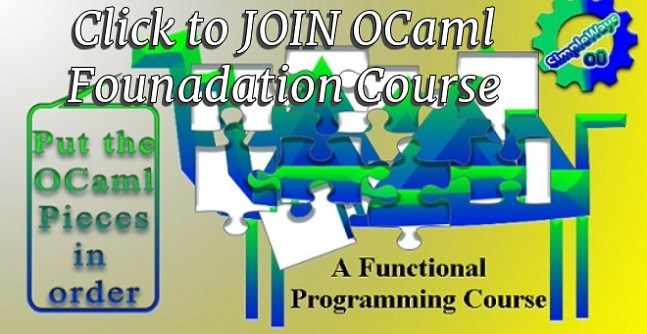
BESTPRICEENDS-11FEB
Can You Have an Autonomous Mindset Without Ecosystem Support?
Autonomy doesn’t mean rejecting all external support; rather, it’s about being capable of thriving independently while strategically leveraging/making use of external resources. A good ecosystem amplifies autonomy, while a poor one can hinder it—but autonomy, once deeply internalized, can often navigate or transcend external limitations.
The successful implementation of autonomous systems, such as self-driving cars and buses, heavily relies on a robust ecosystem. This ecosystem encompasses various elements, including advanced sensors, high-definition maps, reliable communication networks, and robust cybersecurity measures. By creating a supportive infrastructure, we can ensure the safe and efficient operation of autonomous technologies, ultimately revolutionizing transportation and other industries.
Is Autonomous a Shortcut for Self-Motivated and Disciplined?
Autonomy encompasses self-motivation and discipline but also extends beyond them. While motivation drives action and discipline ensures consistency, autonomy also involves:
- Making thoughtful decisions.
- Acting with intention and purpose.
- Navigating challenges without constant validation or assistance.
It is more holistic and involves integrating these traits into a sustainable way of thinking and living.
Achieving an autonomous mindset in the absence of ecosystem support is possible but significantly more challenging. Here’s why:

BESTPRICEENDS-11FEB
Dependence on Ecosystem
- Ecosystems—your environment, resources, community, or workplace—often provide crucial support, learning opportunities, and a safety net.
- An unsupportive or hostile ecosystem can drain energy, limit resources, or create emotional and physical barriers to autonomy.
Thriving Without Support
To maintain an autonomous mindset in a restrictive or unsupportive ecosystem, you may need to:
- Find or create alternative resources for learning, growth, or connection.
- Practice trusting your intuition: listen to your inner voice and make decisions based on your gut feelings.
- Rely on inner resilience to overcome adversity and persist through challenges.
- Build a virtual or external network that can substitute for local ecosystem deficiencies.
- Focus on small, achievable wins to build momentum and confidence.

BESTPRICEENDS-11FEB
In Conclusion,
Cultivating autonomy is a journey that requires dedication and persistence. By understanding your strengths, weaknesses, and values, you can build the foundation for a fulfilling and independent life. Remember to embrace challenges, stay focused, and seek support when needed. By incorporating autonomy into your daily life and work, you can unlock your full potential and achieve your goals.
Next we shall go through Practical Steps to Develop an Autonomous Mindset (Extended with Examples). By practicing these exercises and referring to the examples, you can develop an autonomous mindset more efficiently and effectively.
If you feel you need help with any of these ideas we discussed, request a Management Consultancy or Coaching Services From our Store

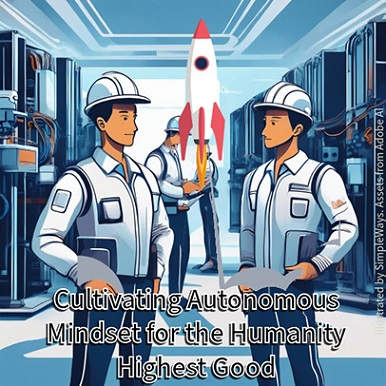
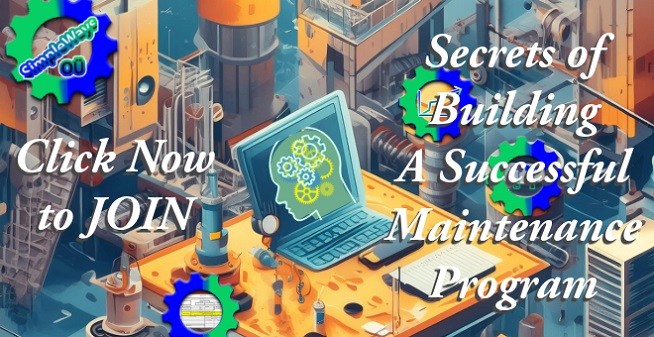


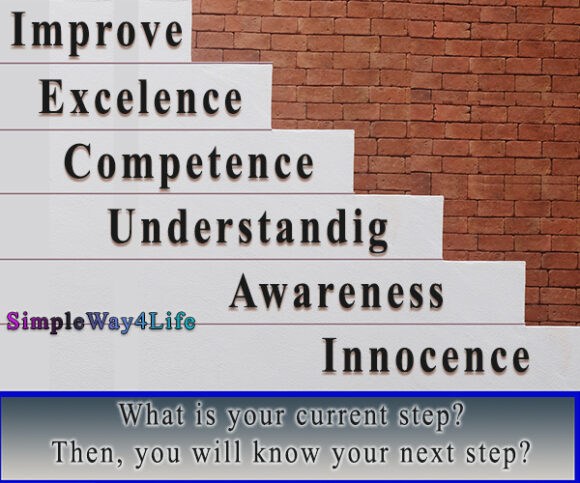


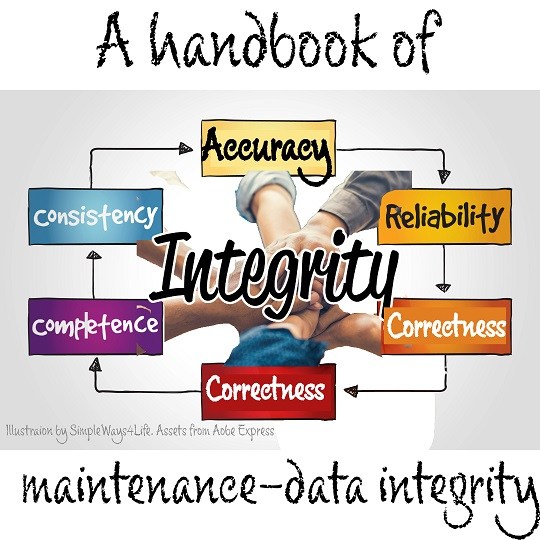
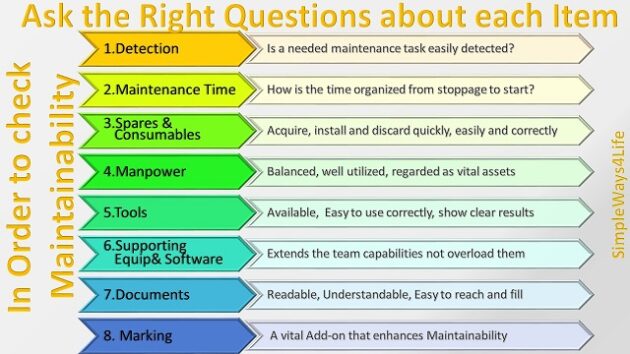
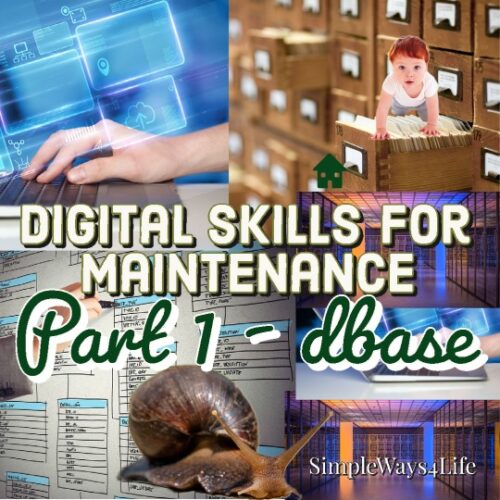
One Comment
Comments are closed.